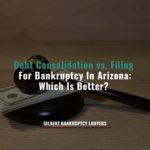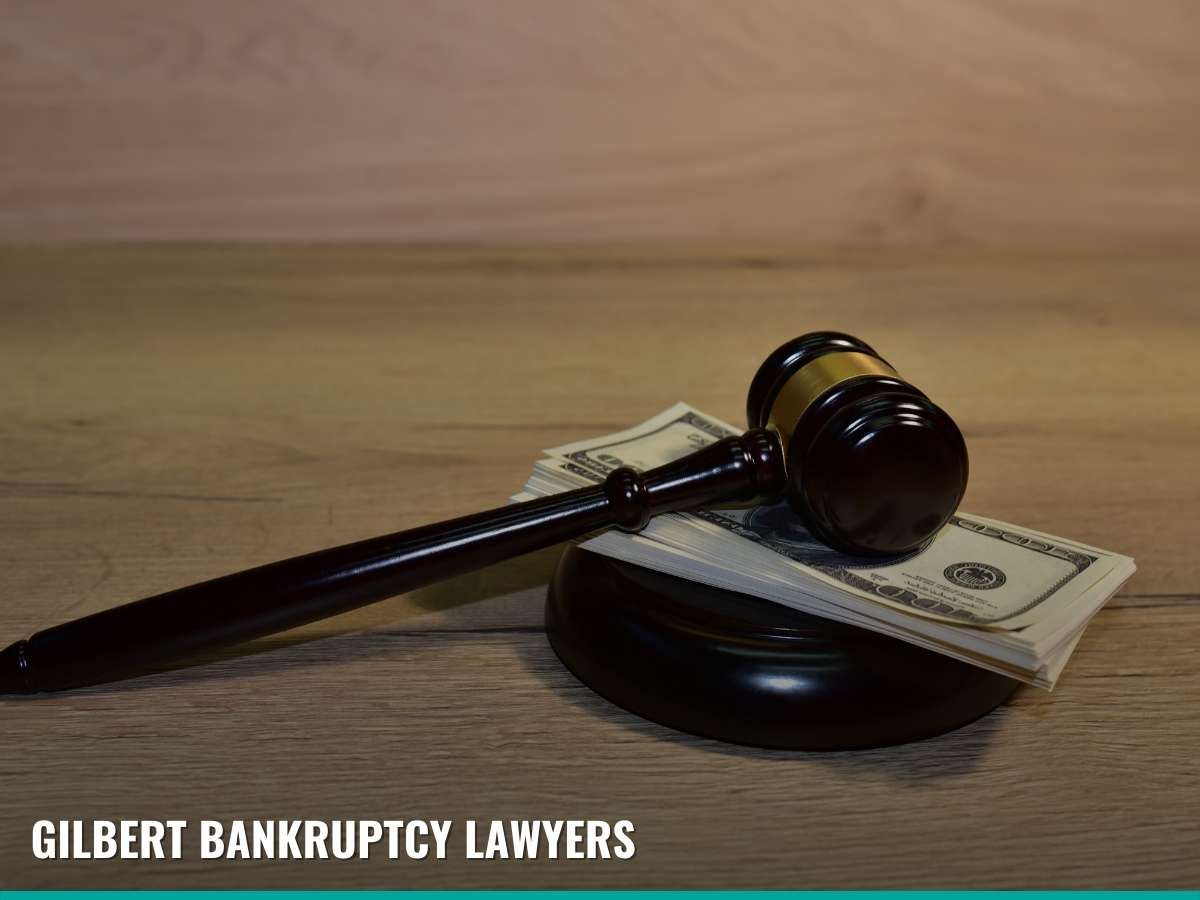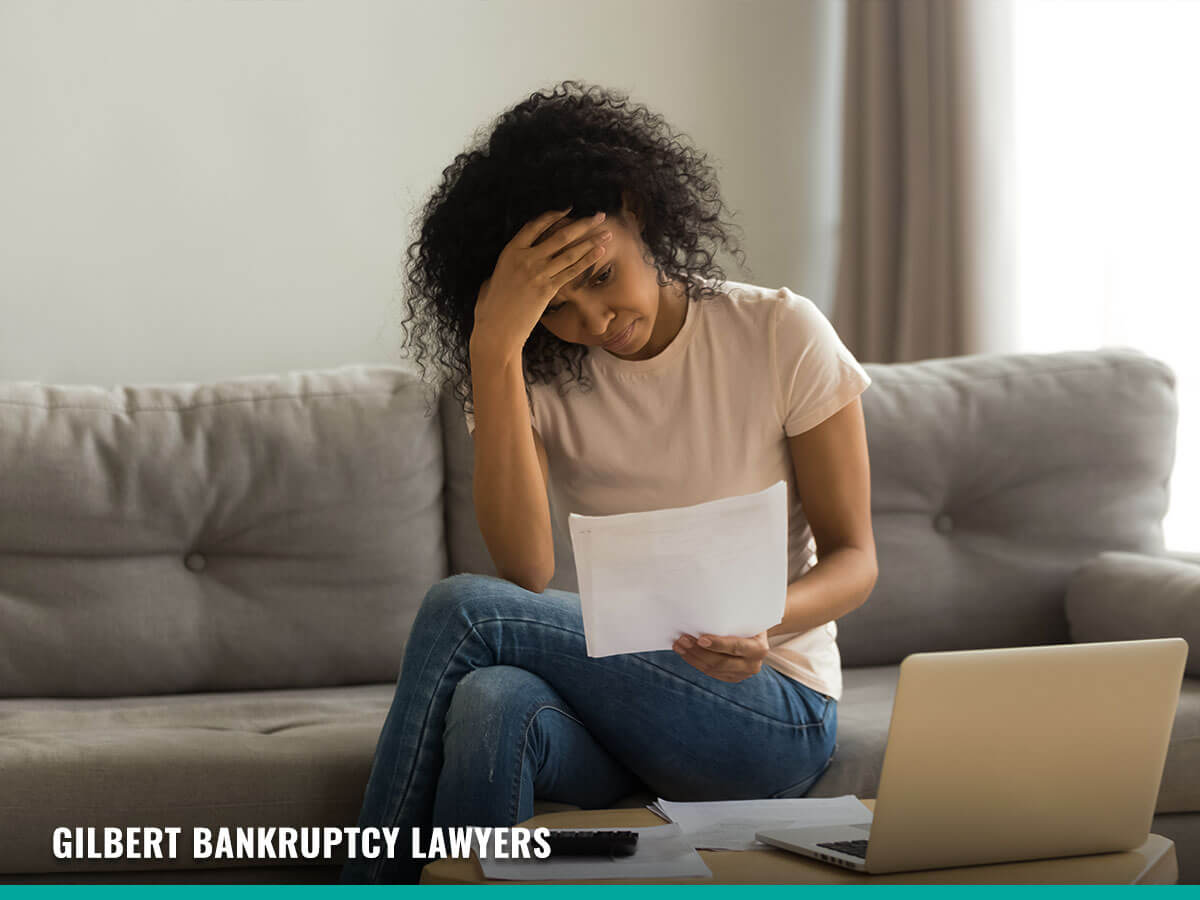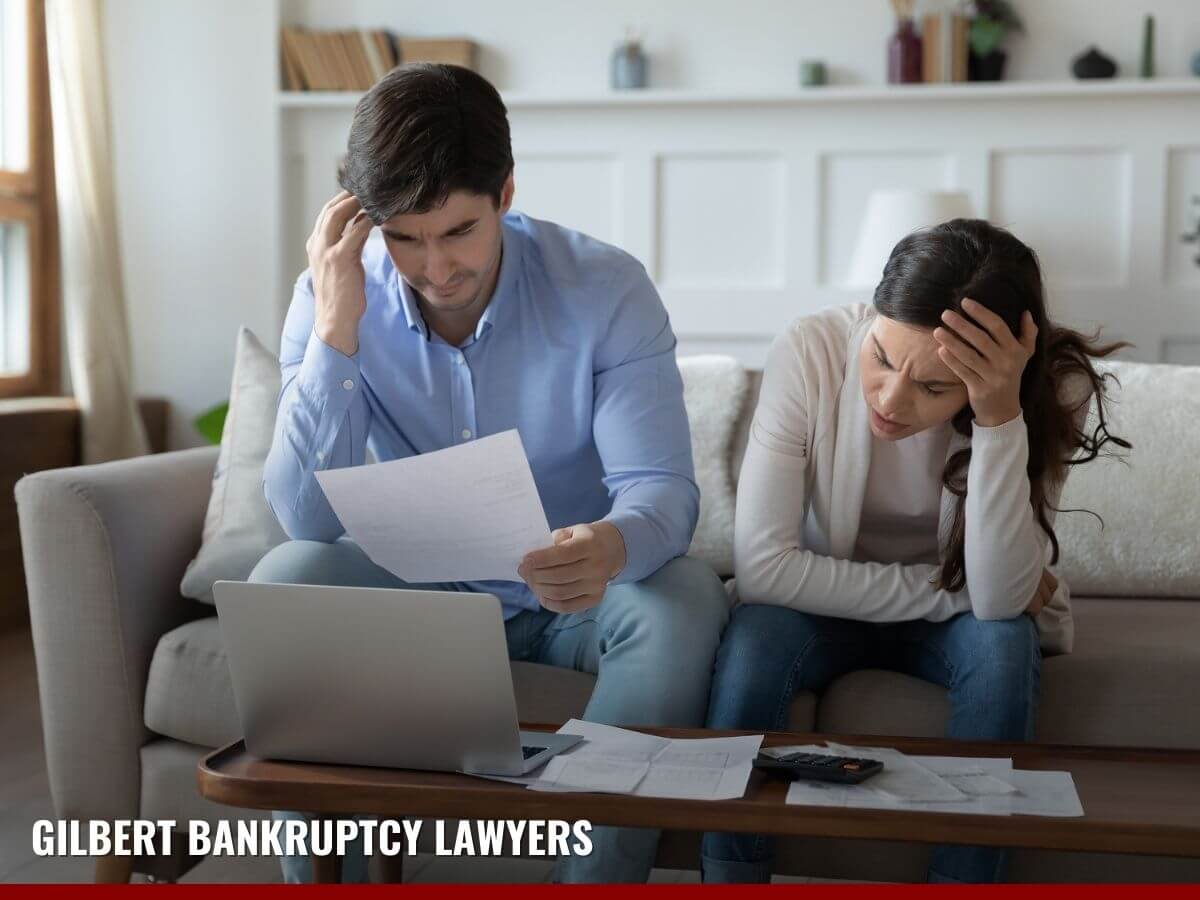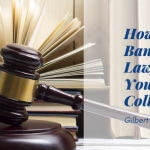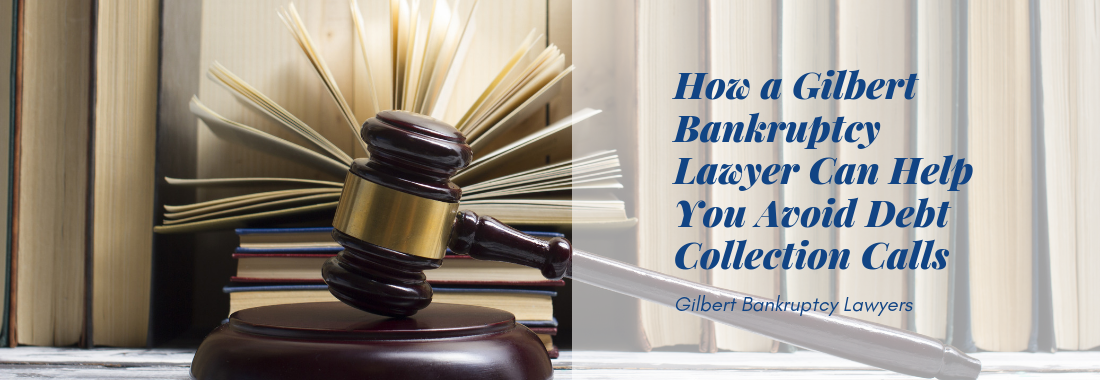Pros & Cons you should know before you either get a debt consolidation or file for bankruptcy
You have a few options for handling your debt when you have reached the point that you are in over your head. Two of the most popular options are to get a debt consolidation loan or to file for bankruptcy. Both have some pros and cons, depending on your circumstances, and it is worth exploring what each has to offer before you make any choices. You should also talk to a trusted Gilbert bankruptcy lawyer to learn how bankruptcy would apply to your finances, specifically.
Here’s a look at how debt consolidation and bankruptcy compare in Arizona:
Debt Consolidation: makes it easier to pay your debts & even save some money on interest
Debt consolidation involves taking out a loan big enough to pay off multiple balances, such as multiple credit card accounts, medical bills, or other loans. After paying off your other accounts, you would then have one payment to make each month, and presumably with a lower interest rate. A debt consolidation loan can make it easier for you to pay what you owe, and maybe even save you some money on interest.
You may find it difficult to qualify for a debt consolidation loan. Your credit score may have gotten too low due to your high balances or late payments, so you may not be approved for a new loan. Or, even if your credit score is healthy, you may be required to provide some collateral to get the loan, and you may not have assets that are valuable enough to qualify.
Chapter 13 Bankruptcy: A MORE AFFORDABLE WAY TO PAY YOUR DEBT in a REASONABLE AMOUNT OF TIME
Chapter 13 bankruptcy is similar to a debt consolidation plan. It consolidates your debt under a structured repayment plan that is overseen by a bankruptcy trustee. The trustee determines how much you can afford to pay, based on your income and assets, and creates a monthly payment that is then distributed to your creditors. The plan lasts between three and five years, and some of your debt may even be able to be discharged at the end of it.
The advantage of a Chapter 13 bankruptcy is that just about anyone can qualify. You don’t need a great credit score or valuable assets. You also get a more reasonable repayment plan that is based on your ability to pay – not on the amount you borrowed. You aren’t actually borrowing anything in a Chapter 13 bankruptcy. You are getting a court-ordered repayment plan. You can pay off your debt in a reasonable amount of time and in an affordable way.
Chapter 7 Bankruptcy: The best Way To debt relief, as well as the most strict
If you can qualify, Chapter 7 bankruptcy may provide the most debt relief available. You must pass a means test to qualify for Chapter 7 bankruptcy, which looks at your income and assets. If you pass, may be able to get all of your unsecured debt discharged – which means that it goes away for good, without you having to pay a thing. Unsecured debts include credit cards, medical bills, and personal loans.
Not everyone will qualify for Chapter 7 bankruptcy, as the eligibility requirements can be quite strict, which is the downside. You may also want to avoid Chapter 7 bankruptcy if you have a lot of equity built up in your home, or you have other substantial assets, such as hefty retirement accounts.
Always talk to an experienced bankruptcy attorney to explore your options before you make any choices. A bankruptcy lawyer will review your finances closely and give you suggestions for how to use bankruptcy creatively to relieve you of the most debt while also preserving the most of your assets (where applicable). You can be free of the debt that is weighing you down without having to take on more debt.
Contact gilbert bankruptcy lawyers to help you get the maximum debt relief under the law
Call Gilbert Bankruptcy Lawyers today to talk with a trusted bankruptcy attorney about your options. We represent clients seeking debt protection under Chapter 7 bankruptcy and Chapter 13 bankruptcy. Our goal is to help you get the maximum debt relief under the law. We can start working on your case with zero money down, and we offer affordable rates and payment plans to make it easier for you to get the debt relief you need quickly. Call us today to start with a free consultation and evaluation of your financial circumstances. We’re ready to help you meet your financial goals.
Gilbert Bankruptcy Lawyers
Office: 480-448-9800
Email: info@myazlawyers.com
Website: https://gilbertbankruptcylawyers.com
